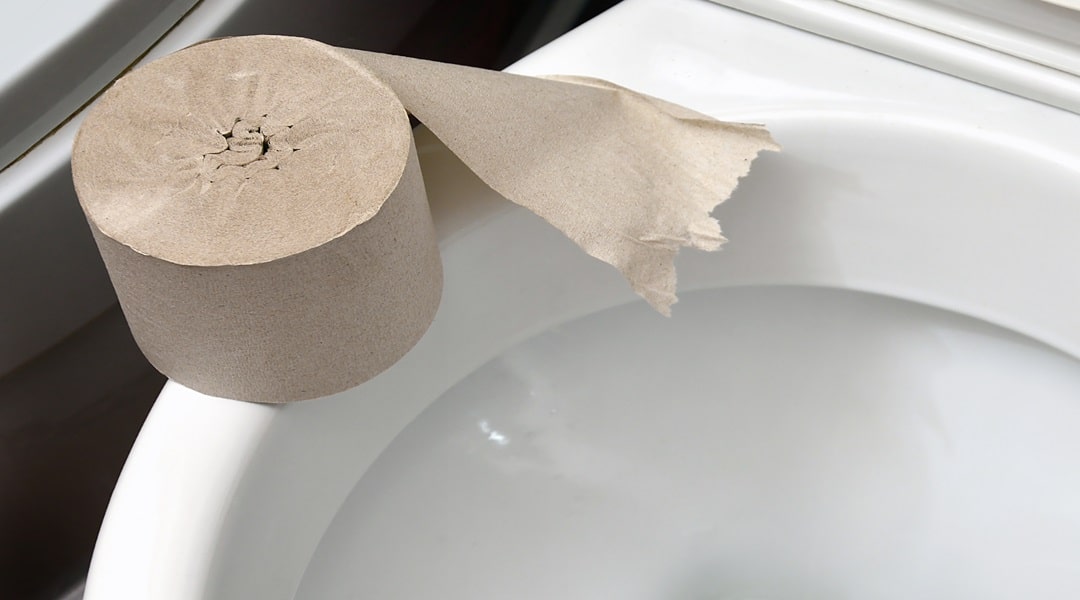In Mesa, the residential plumbing services have become increasingly concerned about the performance of flushable wipes and their potential impact on the system as a whole. Because they’re supposedly gentle on sewer systems, a lot of folks have made the move to these products, ditching their old toilet paper habits.
However, the reality often tells a different story. By probing the meaning of “flushable,” we stumble upon a hidden crisis unfolding in Mesa’s pipes, prompting us to prioritize more eco-friendly solutions. Addressing methods for preventing clogs becomes crucial for homeowners aiming to avoid callouts to professionals like Mr Sunshine Plumbing, who see firsthand the chaos caused by these seemingly harmless products.
Decoding Flushable Wipes Claims
Claims that flushable wipes are safe for your plumbing might not be as clear-cut as they seem. Most of these so-called “flushable” products contain synthetic materials, plastics, or polyester. These don’t break down easily in water.
While these wipes may glide through your toilet without a hitch, trouble brews when they hit the pipes at an angle. Typically getting stuck and causing clogs over time. The problem escalates when such blockages necessitate professional intervention; this is where expertise like residential plumbing services in Mesa becomes indispensable.
These items also wreak havoc on wastewater treatment plants, costing significant sums annually to address the aftermath – nearly half what consumers spend buying them! With no solid regulatory benchmark defining “flush ability,” despite manufacturer claims, it’s evident: Flushable wipes come with more risk than reward for both homeowners’ pockets and our sewer systems alike.
Impact on Mesa’s Plumbing Systems
Flushable wipes might seem handy, but they’re trouble for plumbing. Unlike toilet paper that dissolves quickly, these wipes are made with polyester and polymers that don’t break down in water. This means when you flush them, they can easily get stuck in your sewer pipes or septic tank.
Clogs, backups, and potentially expensive repairs. If you have a septic system, the problem worsens as these non-degradable materials accumulate where solids collect in your tank, leading to more frequent pumping needs and higher maintenance costs. So next time you reach for a flushable wipe, remember that it could end up costing more than just throwing it away properly.
Alternatives to Traditional Flushable Wipes
Instead of using traditional flushable wipes, consider eco-friendly alternatives. These options are truly biodegradable and safer for our pipes and the environment. One such alternative is bamboo-based wipes; they break down much faster than their counterparts.
Another option could be cloth wipes that you can wash and reuse multiple times, cutting down on waste significantly. Several brands now offer plant-based materials that degrade swiftly without a trace in sewage systems. Always look for products certified by reputable environmental organizations to ensure their claims hold up under scrutiny.
Making informed choices helps prevent plumbing issues while supporting sustainability efforts effectively.
Preventing Clogs in Home Plumbing
Before you flush those wipes, think twice. Even if the package screams “flushable,” it doesn’t mean they’re safe for your plumbing. The truth is, so-called flushable wipes are a plumber’s nightmare because, unlike toilet paper, which disintegrates quickly in water, these wipes linger much longer.
They may hold together hours after hitting the water; some brands even take days to break down fully! This slow process could lead to blockages and potential damage, requiring expensive repairs or replacement of wastewater equipment in your home. Always remember: just stick to flushing toilet paper.



